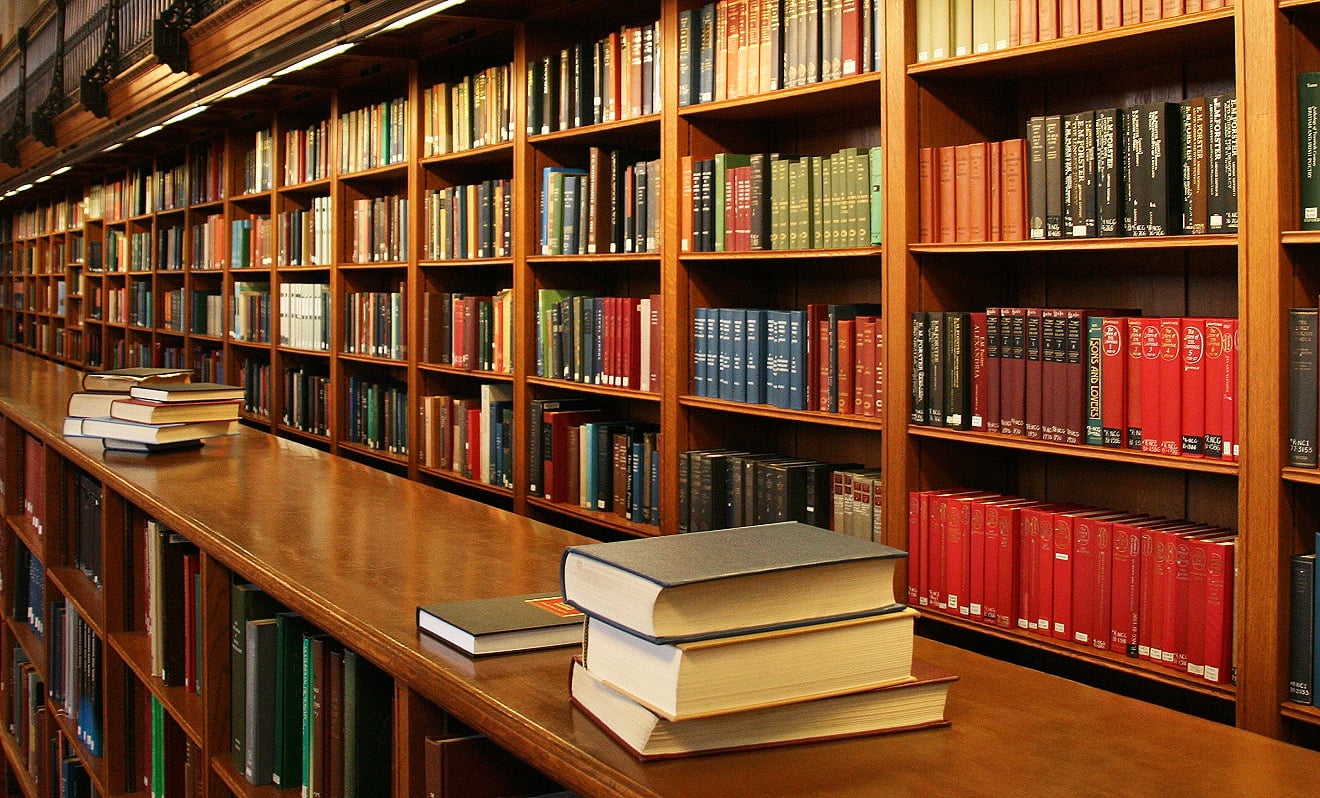



In ‘Grass’, a copy of Herrick’s poems is a portal back to childhood afternoons working in a shop, in which the same book anticipates its future reading amidst the wild flowers of a country lane. In ‘The Poet’, Olive Fraser finds music beneath the spines of an old collection of novels. This fits with one of Smith’s ongoing projects: to find the profound in the commonplace, the everything in the nothing (the word ‘stone’ once meant mirror, we learn in ‘Last’ mundane derives from ‘mundus’, the world). But even in a dog-eared paperback, there is a magic that transcends the everyday. I do not mean that the edition itself is fancy it isn’t. There is in this collection a recurring investment in the book as a material object. As much as any collection of short stories can be said to be unified around a theme, this one deals with the potential of art, particularly literature, to infiltrate life, and books – the books we seem to come across by accident – are a principal means by which this infiltration occurs. Like spouses, our long-term paper-backed partners (such as Katherine Mansfield who, in one story, is an ever present third partner in a relationship), can also be stolen, lent, or adopted. For Smith, books are found, borrowed, chanced upon, stolen temporarily yours, but no more so than a visiting friend or a lover. It seems somehow wrong that I now ‘own’ my copy of Public Library, Ali Smith’s fifth collection of short stories.


 0 kommentar(er)
0 kommentar(er)
